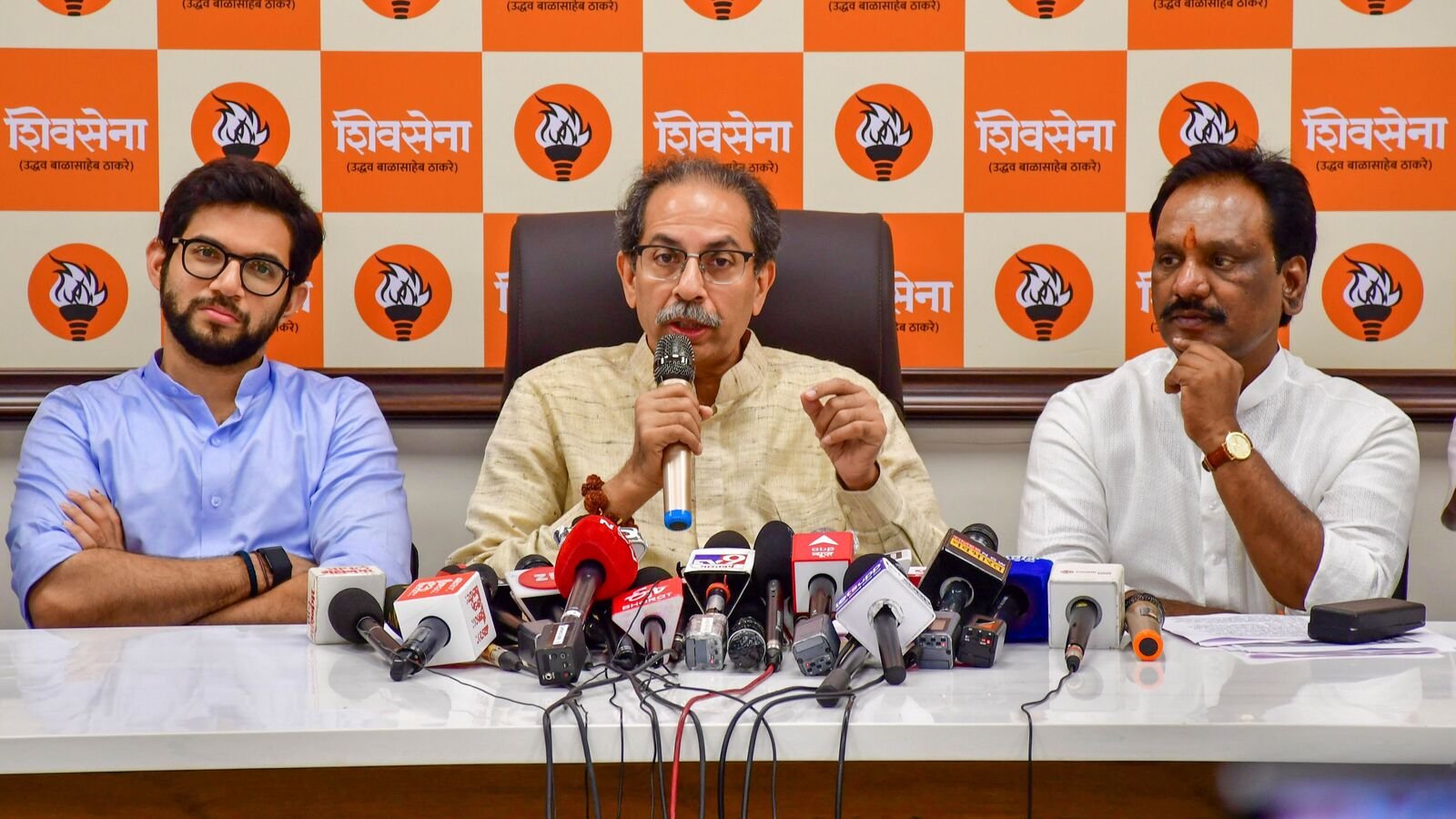New Delhi: The ministry of corporate affairs will shift more statutory filing forms to a web-based format with added security features from next month as part of the technology transformation of corporate filings, according to an update from the ministry. About 50 forms were already migrated to the new format last year.
On 15 July, nine more forms will be rolled out in the new format, called version three. Among these are two important forms for companies to declare persons who are their beneficial owners and persons recorded as shareholders in the company’s charter but are not beneficial owners, the ministry said.
Forms for reporting companies’ dues to micro, small and medium enterprises (MSMEs) and various declarations about unclaimed dividends will also move to the new format from next month.
The new forms require two-factor authentication, which makes it impossible to file a company document without the registered user knowing, and helps prevent frauds, a person informed about the upgradation said requesting anonymity.
The upgraded system allows Registrars of Companies (RoCs) to do data analytics efficiently and to detect compliance issues, the person said.
What’s the new format?
The ministry is shifting PDF format of documents to web format in phases as part of the IT revamp of the statutory reporting portal MCA21, a mission-mode e-governance project of the government to efficiently deal with massive amounts of data being generated by a growing corporate sector.
The new format comes with pre-filled data from earlier filings in machine readable format, with extra authentication that allow real-time verification of the information being submitted.
Last year, the ministry migrated close to 50 forms to the new format and paused the roll out of new forms during the annual return filing season to avoid any disruption.
With nearly 150,000 new companies getting registered every year and with each company having to file 80-100 statutory documents every year, the tech upgradation of statutory filings is seen as a solution for keeping a close eye on corporate governance.
What’s the impact?
Experts said technology upgrade of the statutory filing system helps all stakeholders.
“It sure helps in enforcement of legal provisions,” said Ved Jain, former president of accounting rule maker Institute of Chartered Accountants of India (ICAI). “It also improves transparency and by encouraging businesses to measure up to its requirements, it also improves corporate governance.”
Jain explained that improved transparency and efficiency in data capturing and handling by various agencies will help auditors verify transactions, an important function in audit and assurance services.
Also Read: AI-led regulatory action to have human decision-making at core
Challenges remain
Experts also pointed out that certain operations of the new portal, built from scratch, need to be ironed out. Last year, the tech upgradation had faced some technical glitches prompting the ministry to launch a drive to actively engage with the platform’s users, including through social media, to address their grievances.
“While more forms are getting migrated, the technical glitches in filing forms still remain cause for concern,” said Subodh Dandawate, associate director, regulatory services at Nexdigm, a business and professional services company.
“While the technological advancement to streamline the process is always welcome, the large number of unresolved glitches creates a roadblock in ease of doing business,” added Dandawate. “It is important to engage meaningfully with the larger number of stakeholders to understand and address the concerns.”



